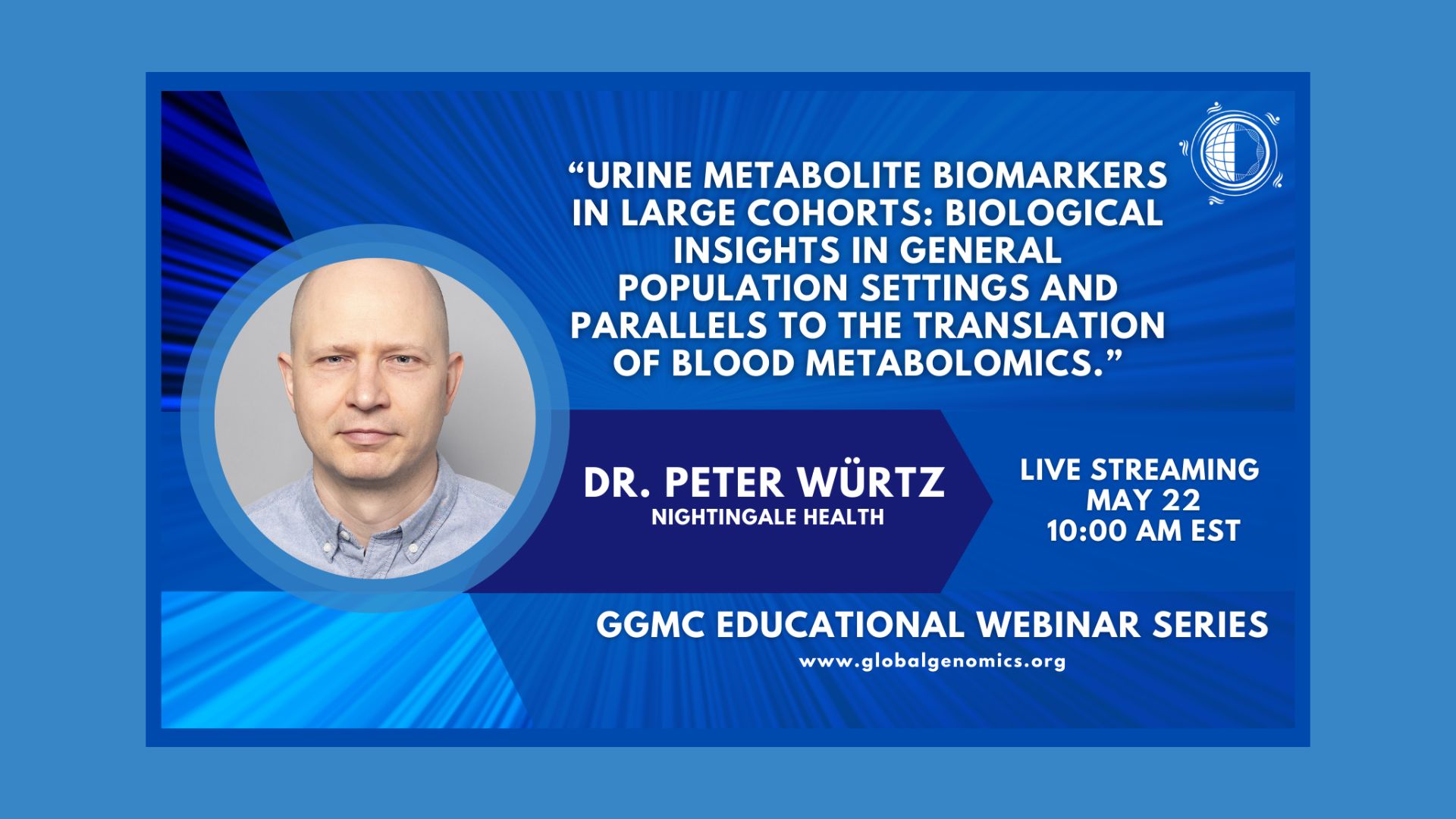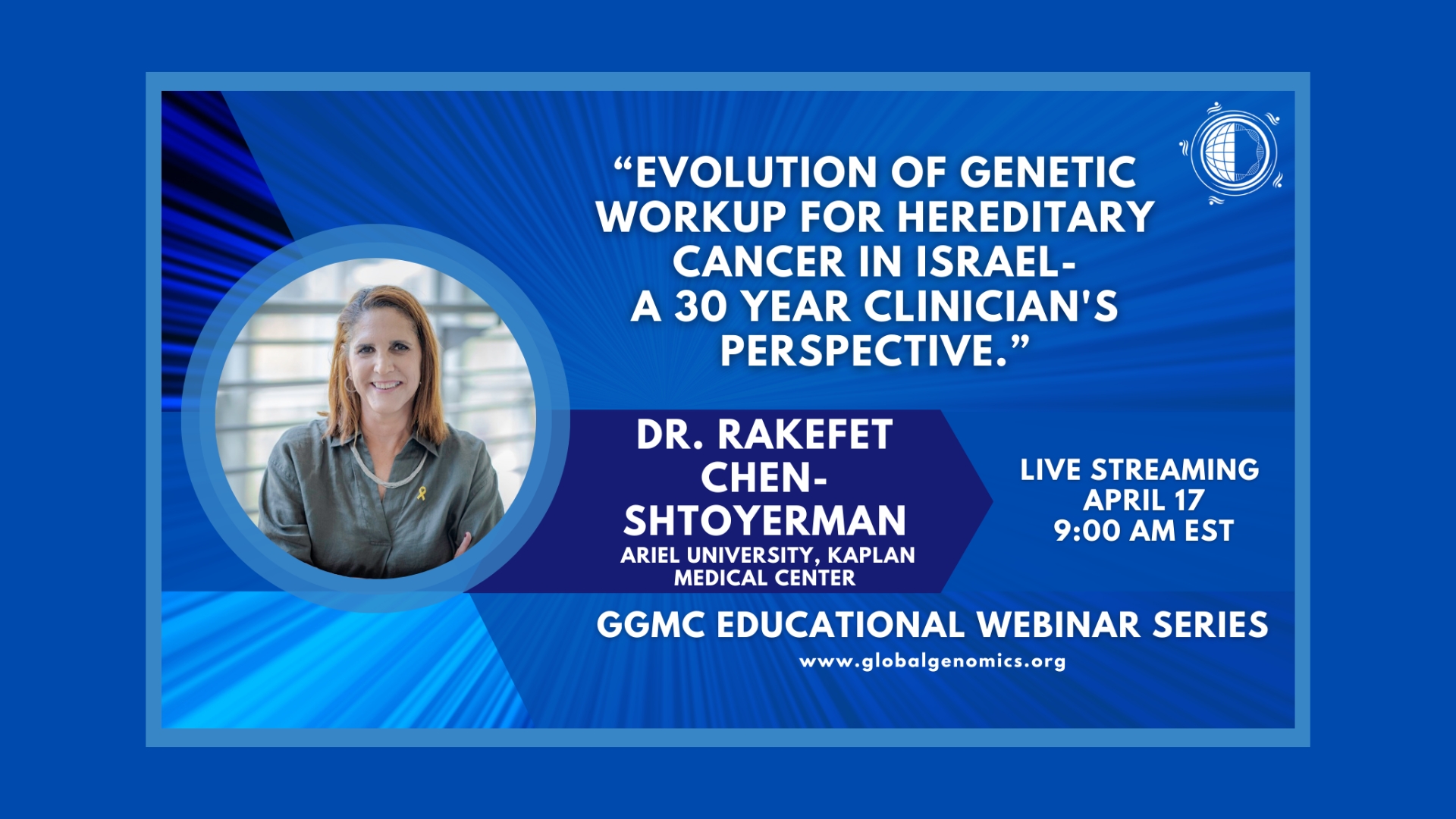We are excited to sit down with our featured Early Career Investigator (ECI), Mev Dominguez Valentin, Ph.D., who currently serves as a project group leader at the Institute for Cancer Research at Oslo University Hospital in Norway, and is the Principal Investigator of the Prospective Lynch Syndrome Database (PLSD), an international, multicentre database recording prospective observational data on path_MMR carriers under surveillance by colonoscopy.
“With Lynch syndrome, the most common hereditary cancer, we have recently increased our understanding of the effectiveness of colonoscopic surveillance and the heterogeneity of cancer risk between genotypes,” Dr. Valentin notes. “My research also involves the use of next-generation sequencing analysis in familial cancer cases without genetic cause demonstrated by single gene testing, to gain information on to which degree other genes may have been causative for cancer in the patients and their relatives, and to be informed on how such genes were deranged to discriminate between normal and disease-causing variants.”
Dr. Valentin’s vast portfolio of work encompasses so much more, however, “I’m also interested in unraveling the challenges of implementing the advances in diagnosis of hereditary cancer susceptibility and applying these insights to clinical practice in Latin America.
Her pursuits in medicine were inspired by her father, who is a Professor from the Medical Faculty of the National University of San Marcos in Peru, “The Dean of America, as it is called,” she notes. “He motivated me to pursue research in medicine and during my master’s, I decided to focus on cancer genetics.
As mentioned, Valentin is particularly excited about her focus on Latin America and identifying multiple frequent founder variants “in generating knowledge about MMR gene variant classification and the sharing of genetic practices within the region. These collaborative efforts aim to ensure that all Latin Americans have access to genetic services and to bring additional awareness to medical professionals and public health leaders.”
The impact of this finding was recognized by the public and scientific community, receiving coverage by the media in Latin America and generating more than 20 scientific publications. In addition, her interest in the genetic epidemiology of hereditary cancers in low-resource settings in Peru has also gained significant attention. “This work allowed us to identify a greater proportion of cancer cases than previously described, with a young age of onset and differential profile of the most frequent cancers and analyzed using a gene panel containing 96-cancer associated genes.”
Dr. Valentin is a keen traveler and reader outside of work, and for her fellow ECIs, doctors, and researchers, she advises tenacity, “Perseverance will ensure you reach your goals!”






